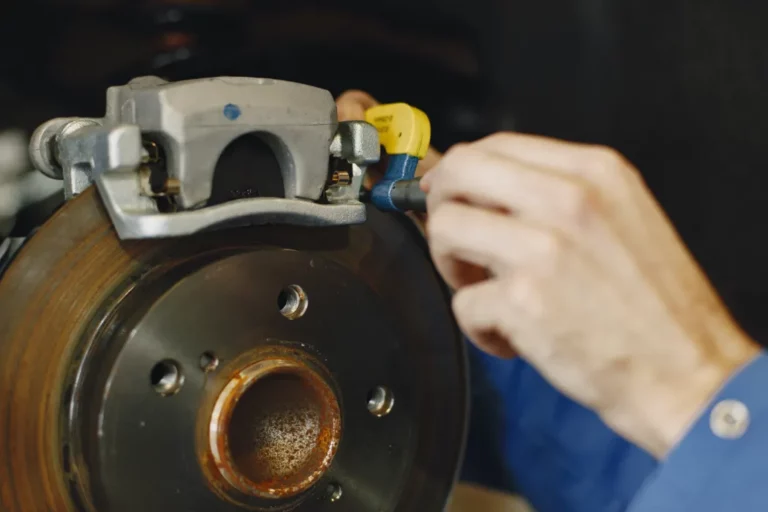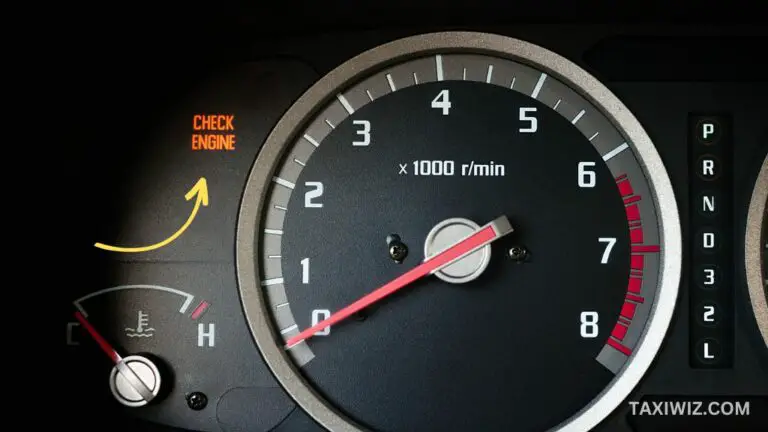What are Tappets in a Car?
A tappet is also known as a valve lifter. It’s an essential component of a car, specifically the car’s engine. Here are some major pointers about it:
- The tappet helps open and close the engine’s valves
- It’s located right above the camshaft in the engine block
- The tappet converts the rotational motion of the camshaft into linear force that opens and closes the valve
- Tappets can be hydraulic or mechanical
This was just the very basics of a tappet. Here, we’ll look further into what are tappets in a car, how they function, and what happens when they malfunction.
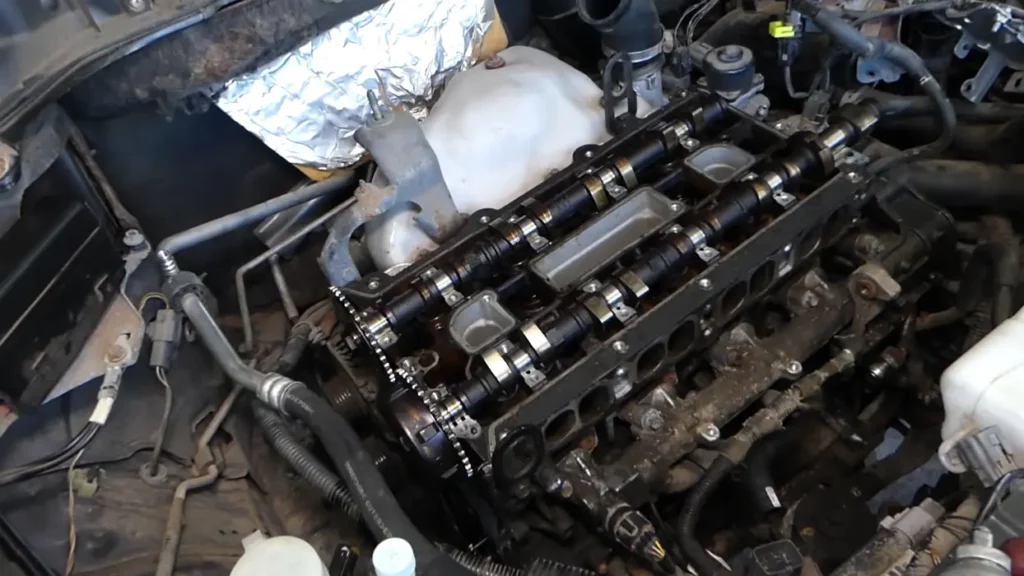
Purpose of a Tappet in a Car
As I told you earlier, the tappet mainly converts the rotational force of the camshaft into linear force. The camshaft has projections or extensions that push against the tappets when the camshaft rotates.
This causes the tappet to move up and down. When the tappet is forced to move upward, it triggers the pushrod, which eventually triggers the rocker’s arm. The rocker arm presses on the valve stem, and it opens the valve.
In the same way, when the crankshaft moves back to its original position, so does the tappet due to the valve spring. This again closes the valve.
The tappet plays a direct role in maintaining the opening and closing timing of the valve.
By maintaining the timing, the tappet allows the engine to intake and exhaust air appropriately, thus ensuring maximum engine performance and efficiency.
What is a “Tappety” Engine?
The “Tappety Engine” condition is often used to refer to a tapping engine coming from the engine of the car. This problem is fairly common, and it can start if the car isn’t maintained properly for some time.
People usually refer to any tapping sound coming from the engine as “Tappety”.
Yes, some malfunction with the tappet can lead to such sound coming from the engine. However, it can also be caused by the crankshaft, rocker arm, or pushrod. It can even be a lubrication problem.
What Causes a “Tappety Engine”?
In most cases, it’s a lubrication problem caused due to ignorance. If you don’t change the engine oil frequently, the oil will end up gathering dirt and grime.
Over time, the oil loses its effectiveness. This creates friction between the crankshaft and the tappet.
So, every time the crankshaft hits the tappet, the user can hear an audible tapping sound. Oil starvation can also affect the other components involved in this process, such as the rocker arm or pushrods.
The sound isn’t the only problem a Tappety engine can lead to. Rather, it can lead to a decrease in power and energy efficiency as well.
If the crankshaft is worn out due to excessive friction, it will fail to open the valve in time. This will affect the air-fuel ratio that’s being pushed into the engine, thus causing a bottleneck.
Furthermore, if the problem is ignored, it may end up causing damages that are expensive to fix. For example, the crankshaft is the priciest component of the valvetrain, and it shows a high risk of getting damaged due to a lack of lubrication.
Apart from the lubrication, an inaccurate adjustment of the tappet can also lead to similar problems. The tapping sound is heard especially when the tappets are too far from the components.
Due to the distance, the tappet fails to hit the pushrod successfully every time. It may not get lifted properly by the crankshaft, to begin with.
This might make you question why technicians keep a distance, to begin with.
It’s because, when the valve stem starts heating up, it thermally expands the components as well. Without the spacing, the tappet would’ve kept the valves open longer than they need to be, leading to problems with the air/fuel ratio.
To ensure proper spacing, the valvetrain must be arranged when the components are as cold as they can be.
Read Also: Will Check Engine Light Come On For Low Oil?
How to Fix a “Tappety Engine”?
If you’re experiencing a tappety engine, the first thing to do would be to check the engine oil. Check the viscosity of the oil. In certain cases, you may unknowingly use an engine oil of long viscosity. This will lead to the mentioned problems even if the oil is new.
If the oil isn’t appropriate for your engine, get it changed immediately. Same advice if you find dirt or grime particles in the oil. In this case, the color of the oil will change and it will appear more viscous than it’s supposed to be.
If you’ve been using the same engine oil for some time, and if it’s dirty, the dirt particles can clog at the junction of different components. In this case, the tapping sound will remain even after changing the oil.
To fix this, you can add some oil additives. These cleaning solutions clean the valve, tappets, and rockers without altering the viscosity of the engine oil. So, you won’t even have to change the oil.
However, if these don’t change the condition, then you’ll need to conduct a tappet adjustment.
The height of the tappet can be adjusted using the adjustment screws at the bottom. You can use a feeler gauge to correctly determine the distance between the rocker arm and valve stem. Look up the factory setting in the manual.
For most of you, the problem should be fixed by now. However, if it doesn’t, it can only mean that some component of the valvetrain is damaged and needs to be replaced.
This can get expensive depending on the make and model of the engine. Also, you have to factor in the mechanic’s cost.
Related Post: Coolant Reservoir Boiling, But Engine Doesn’t Overheat? Causes & Solutions
Frequently Asked Questions [FAQs]
Are Tappets Easy to Fix?
This depends entirely on the type of engine in question, the number of cylinders, and the complexity of the cylinder head.
Do Tappets Affect Performance?
Yes, tappets can greatly affect the performance of the engine as they play a great role in controlling the air-to-fuel ratio that’s injected into the engine.
What Happens if the Tappets Are Tight?
If the tappets are tight, they’ll likely keep the valves open for longer than necessary. This will decrease the performance but increase the fuel consumption.
Conclusion
As you can see, while tappets are crucial components, several conditions may hinder their performance, and the performance of the vehicle overall.
The best way to maintain the tappets and avoid a tappety engine would be to perform regular maintenance.
Check the engine oil regularly. Change the oil if it’s dirty. Occasionally, add oil additives to clean the valvetrain components. This will keep the tappets and your engine in the best shape.

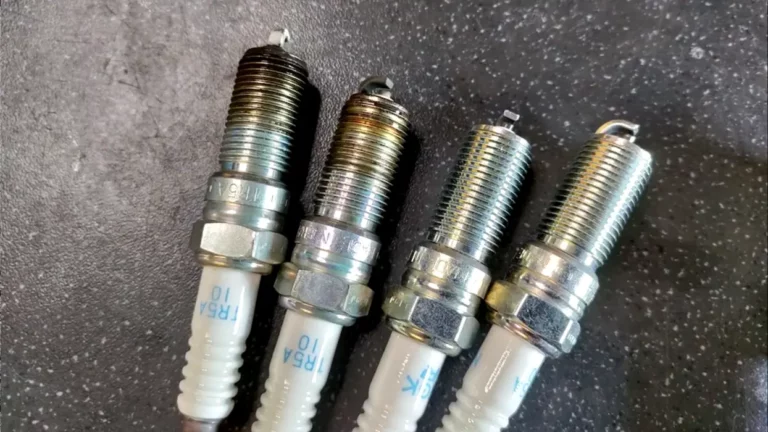
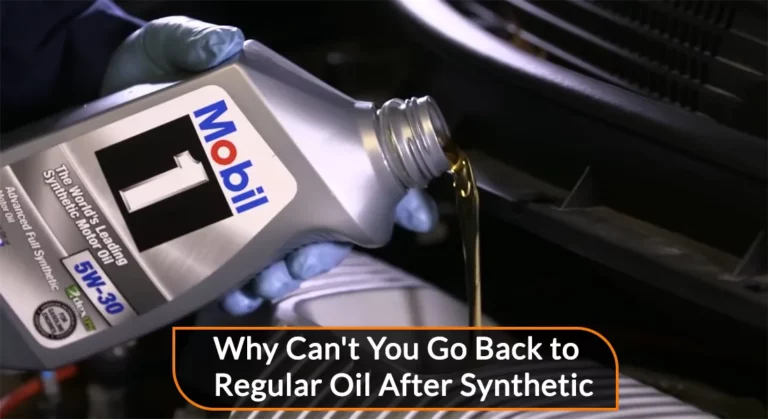
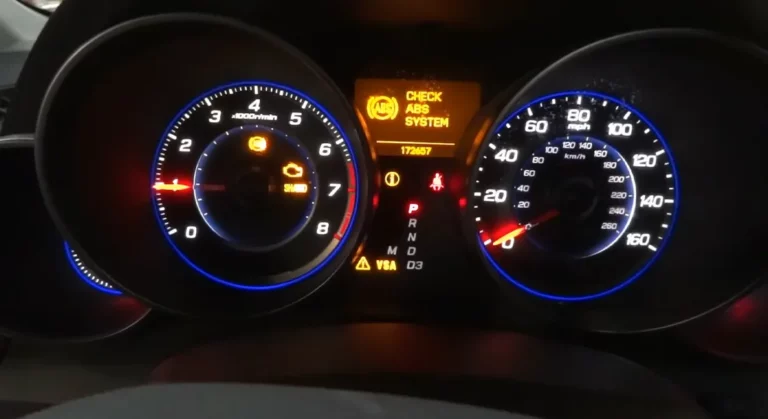
![Strong Exhaust Smell When Idling [6 Issues To Look Out For]](https://taxiwiz.com/wp-content/uploads/2023/04/Strong-Exhaust-Smell-When-Idling--768x419.webp)
